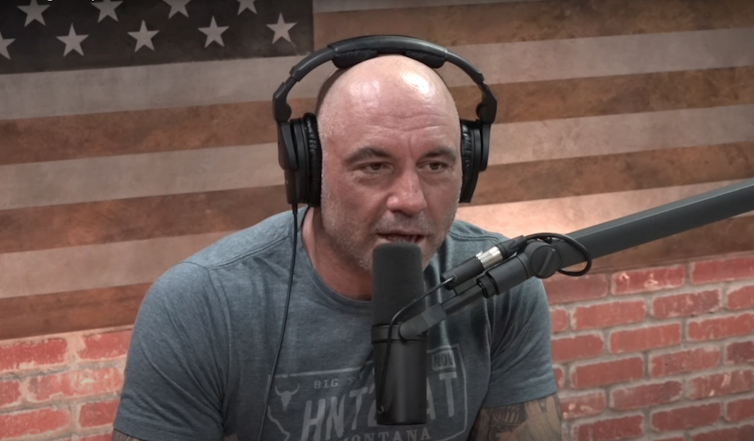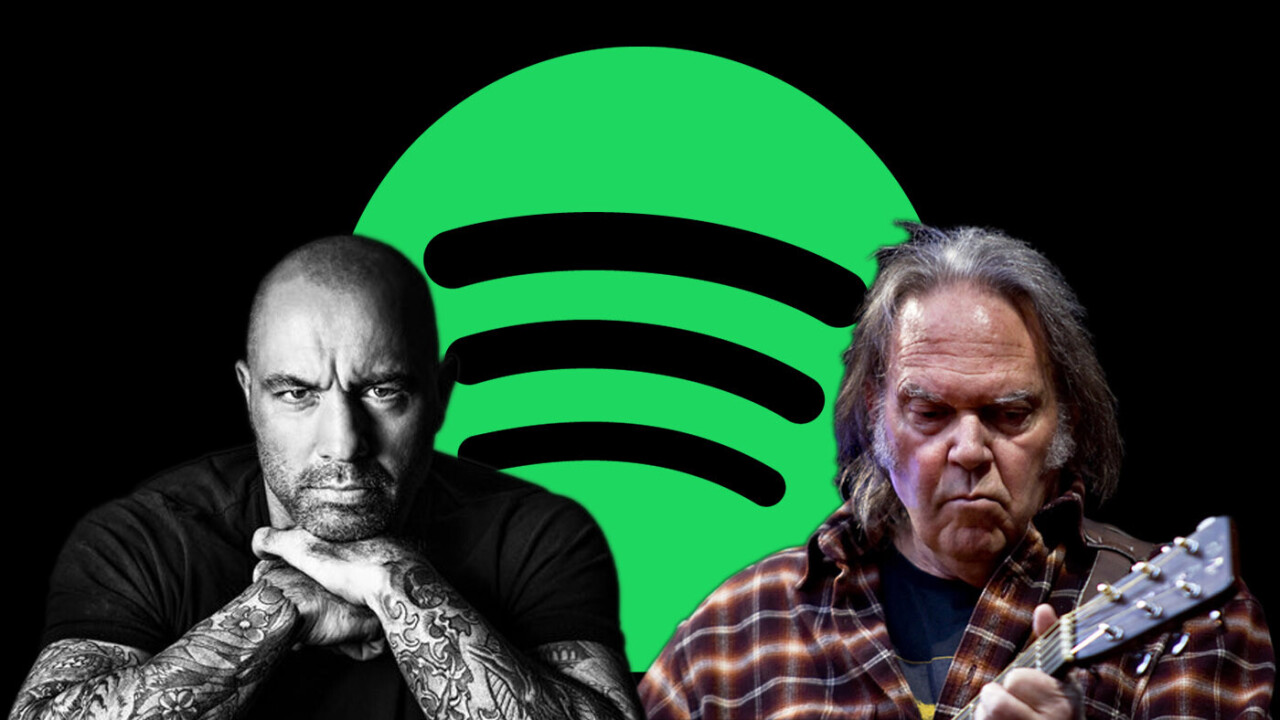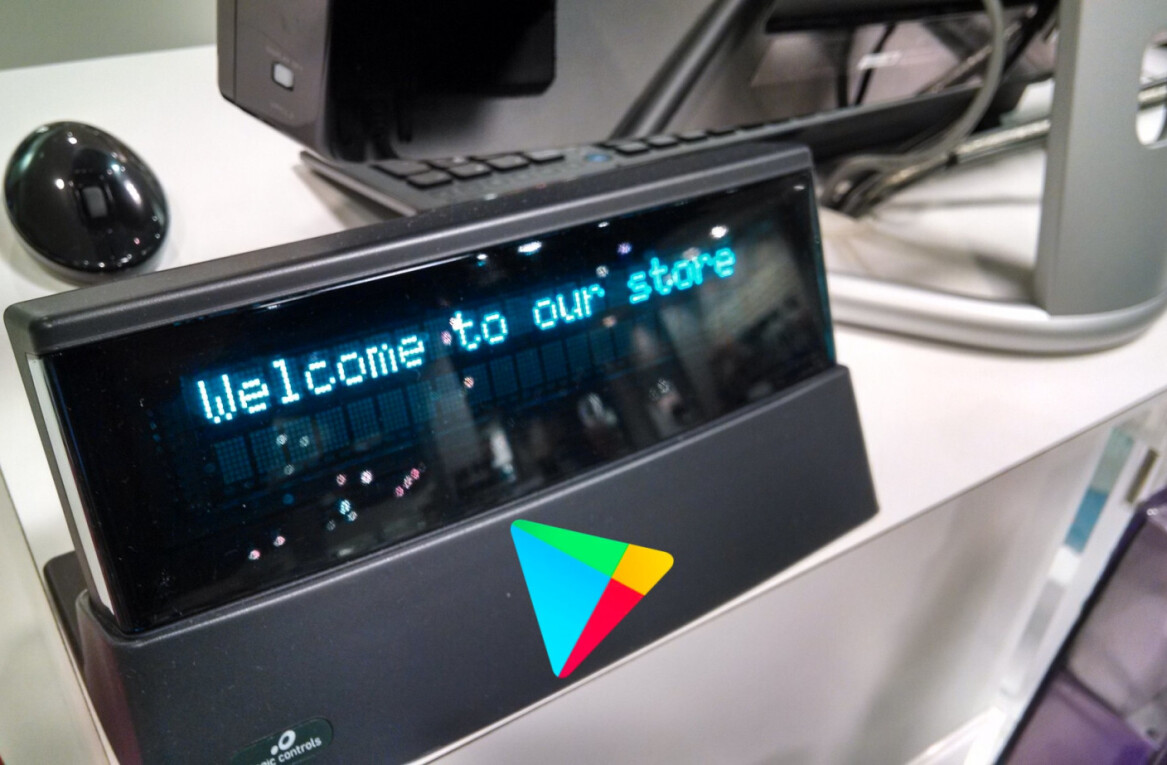Neil Young has given Spotify an ultimatum: remove the Joe Rogan Experience podcast or Neil Young walks. In a letter to his management team and label, the 79-year-old rocker lambasted Spotify for spreading Rogan’s misinformation about COVID vaccinations.
“I want you to let Spotify know immediately TODAY that I want all my music off their platform,” said Young to his management team and record label.
“They can have Rogan or Young. Not both.”
Young is the first high-profile artist to condemn Spotify for its handling of COVID misinformation, but far from the first person to single out Rogan’s podcast on the platform.
The Joe Rogan Experience podcast has the highest amount of subscribers on Spotify. In 2020 the podcast became a Spotify exclusive through a deal estimated at $100m. Despite its massive popularity, the Joe Rogan Experience has been frequently criticized for promoting conspiracy theories, misinformation and other problematic content.
In January 2022, 270 medical health practitioners and researchers submitted an open letter calling on Spotify to moderate misinformation on its platform. The letter was prompted by an episode that featured a controversial physician who openly promoted conspiracy theories and baseless claims about COVID vaccinations.
“This is not only a scientific or medical concern; it is a sociological issue of devastating proportions and Spotify is responsible for allowing this activity to thrive on its platform,” the letter read.
Two days later, Spotify has reportedly removed Young’s music from its platform. This isn’t the first time Young has removed his songs from Spotify, citing poor sound quality as the reason when he temporarily pulled his entire catalogue from Spotify in 2015.

Stream of conscience
Neil Young is not the first musical artist demanding change from the streaming giant.
Spotify and other music streaming platforms have become a battleground where artists can leverage their power, notably over disputes concerning artists’ revenues and the value of music in an era of streaming.
In 2015, Taylor Swift briefly removed her album 1989 from Apple Music due to the platform offering a three month free trial that would not generate royalties for artists.
In 2021, the artist payout debate was reignited after the publication of a Parliamentary report in the UK calling attention to Spotify’s handling of artists’ rights management, revenue rates, and commercial fairness.
Recently, following the release of her latest album 30, Adele took aim at Spotify demanding the shuffle feature be removed from albums encouraging users to listen to the tracks in their intended order.
Self-regulation
Spotify has taken action to regulate harmful content on its service in the past. In 2017, Spotify announced it would remove content from bands connected to white supremacist and neo-Nazi movements.
Spotify also joined several other social media and streaming platforms including Facebook, Apple Music and podcast platform Stitcher to remove the polemical right wing conspiracy theorist Alex Jones and his podcast InfoWars for spreading misinformation and lies about the 2012 Sandy Hook school shooting.
In 2018, Spotify added a new hate conduct policy to its terms of use that included guidelines for removing music that “promotes, advocates, or incites hatred or violence.” Spotify developed the policy in partnership with the Southern Poverty Law Center and the Anti-Defamation League. The platform faced immediate backlash when it cited the policy to defend removing American artists R. Kelly and XXXTentacion from its editorial and algorithmically curated playlists. The two artists’ catalogues were not removed from Spotify’s streaming library, but would be far less visible to listeners.
Critics viewed Spotify’s use of the policy an attempt to censor music. With such a sweeping definition of hate conduct, some observers wondered, why were R. Kelly and XXXTentacion removed and not the dozens, if not hundreds, of other artists with controversial pasts or criminal convictions?
The move prompted other prominent artists, most notably Kendrick Lamar, to threaten withdrawing their music from Spotify entirely. Shortly afterwards, Spotify rolled back the policy. In a corporate statement announcing the shift, Spotify also minimized its responsibility in political matters or public controversies: “That’s not what Spotify is about. We don’t aim to play judge and jury.”
Digital platforms have taken steps to moderate misinformation. For example, in the lead up to the 2020 US election, Twitter began adding fact-check labels to tweets shared by former president Donald Trump. Later that year, Facebook’s Oversight Board began hearing cases to oversee key decisions related to content moderation.
Throughout the COVID pandemic, academics and public health officials have called on social media platforms to help fight the spread of dangerous health-related misinformation.
Policing platforms
Reliance on platforms to moderate podcast content is a tenuous proposition. As commercial entities operating internationally, platforms simultaneously seek to serve their corporate interests and comply with regulations and laws in multiple jurisdictions.
Significant change can be achieved when platforms act in unison, such as in the decision to ban political advertising implemented by several major digital platforms including Spotify after facing significant public pressure. Still, users and advocates should not hold their breath waiting for platforms to do the right thing.
Failures to moderate harmful content are harder to ignore when they involve bigger name artists. Neil Young has never shied away from political action in a musical career spanning nearly six decades. The singer’s demands were bolstered by a credible threat: he’s removed his music before and now he’s done it again.
Ideally, the pressure from Young’s fans and other prominent artists will push Spotify to take effective action against misinformation so users can spend time rockin’ in the free world instead of listening to COVID conspiracy theories.![]()
This article by D. Bondy Valdovinos Kaye, Lecturer, Queensland University of Technology, is republished from The Conversation under a Creative Commons license. Read the original article.
Get the TNW newsletter
Get the most important tech news in your inbox each week.






